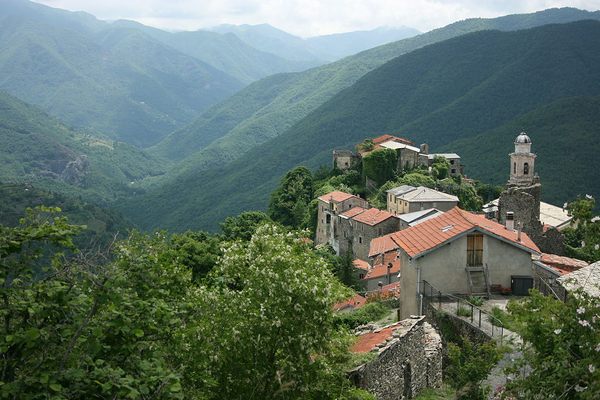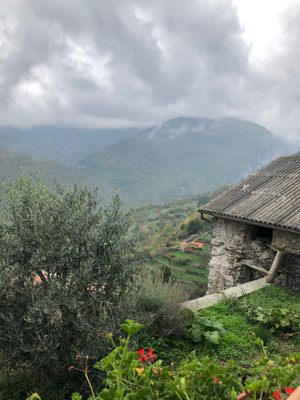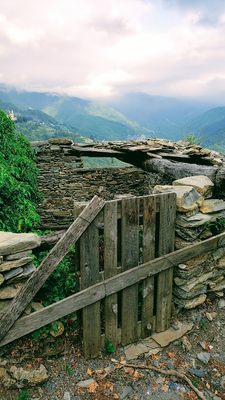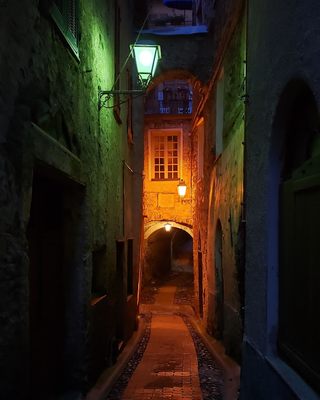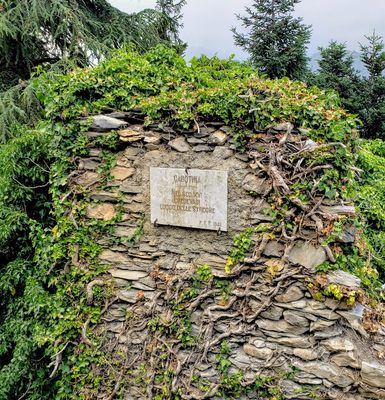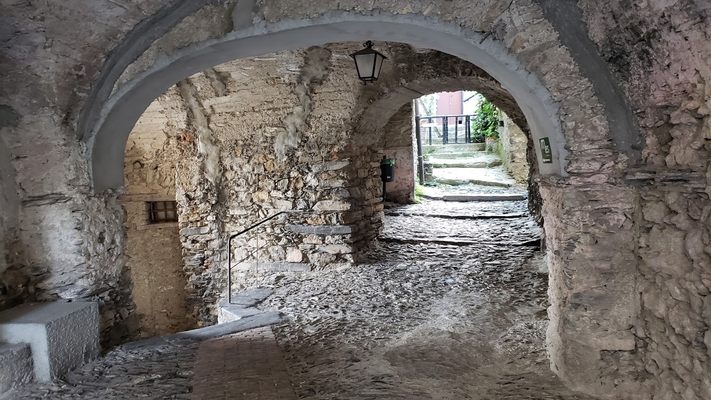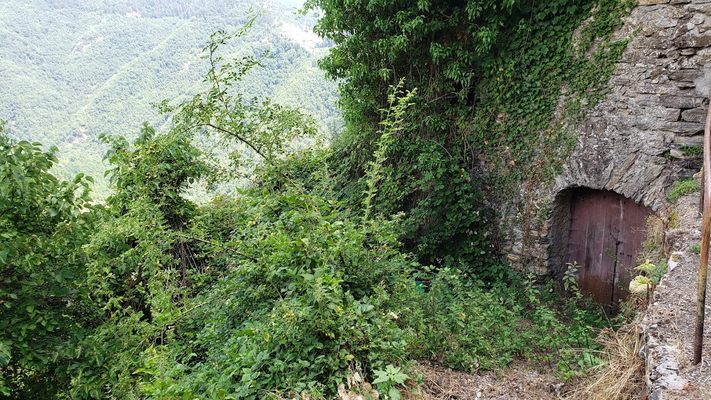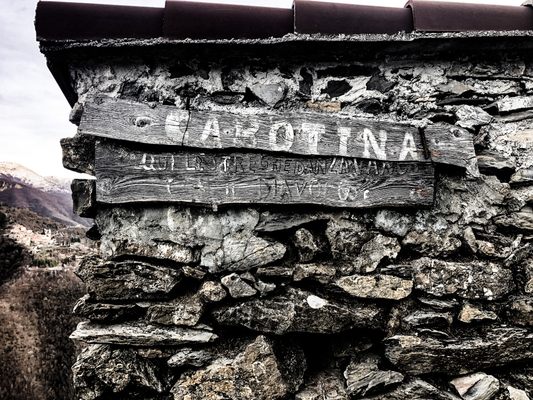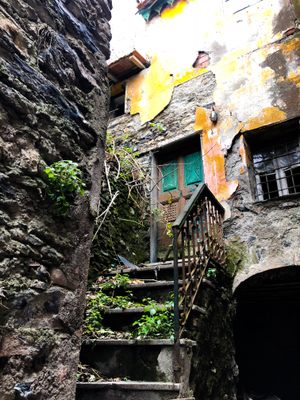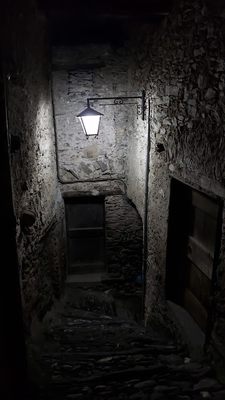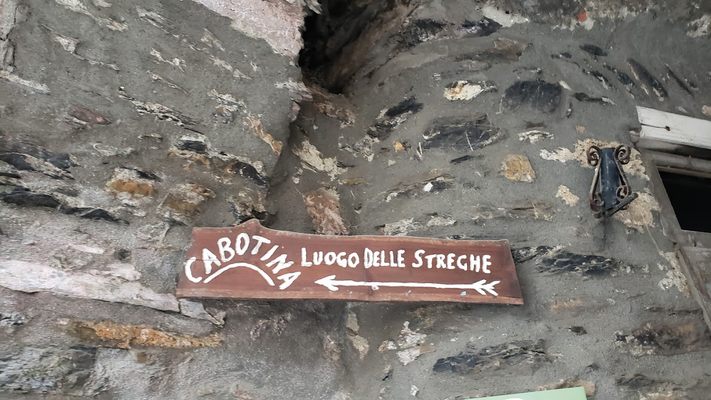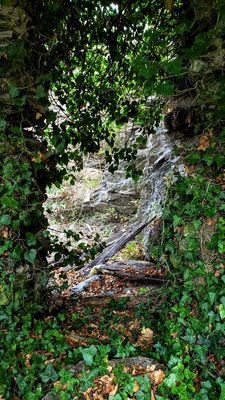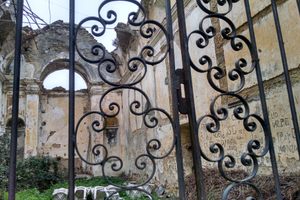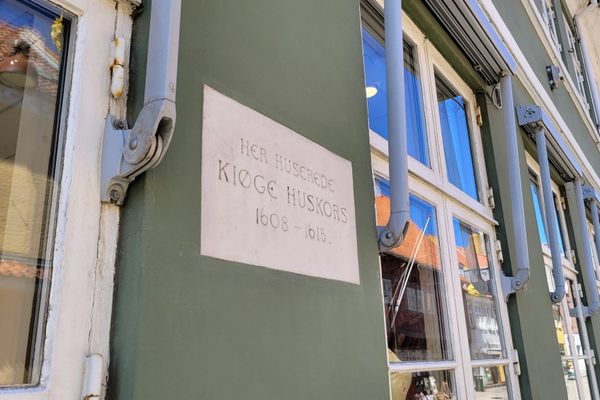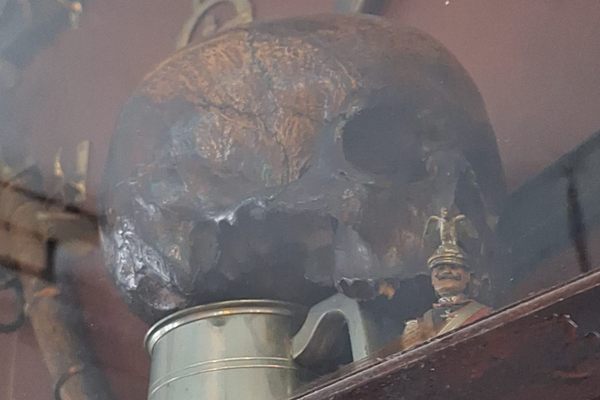About
"Are you a good witch, or a bad witch?" In Triora, Italy, it didn't matter what kind of witch you were, witches burned. And to this day, the town remembers.
In 1587, bad weather and pitiful crops led to a famine, and the desperate residents of Triora became convinced that only the work of witches could bring such misfortune. The Inquisitor of Genoa and Albenga and the priest Girolamo del Pozzo arrived and verified the local parliament's suspicions. Indeed, evil was afoot, and soon the first 20 women were rounded up, selected by the pointed fingers of parishioners that had been riled up by group psychology during mass. The initial accused "witches" were peasant women from a slum community that could be found outside the walls of the city, 20 became 30 as the women were convinced through torture to name more of their Satanic sisters. Soon 18 of the accused broke down and confessed, dragging in 13 women, four young girls, and a single young boy as well.
The Council of Elders appealed to the Inquisitors to take it slow. Out of the 30 accused and tortured, several were nobles or from influential families. The trials hadn't even begun and one of those noblewomen had died from the torture, another had flung herself out a window to her death. They were more or less ignored, but one 13-year-old girl was released, likely the daughter of someone important. The capture of these women triggered witch hunts in neighboring countries, and for two years, women of Italy were rounded up and tortured mercilessly for supposed crimes against God, their neighbors, and most of all, tiny, innocent children.
At least four of the women were burned at the stake, despite there being a considerable amount of doubt from the government that the confessions were enough to uphold such a gruesome sentence. There are conflicting reports on how the others fared, some accounts say they all burned eventually, some say they were imprisoned in Genoa until the Holy Office responded to requests to end the madness and set them free. Either way, the modern town of Triora revels in its morbid history.
First, there is the obvious, a museum, dedicated to the area's agricultural and rural history, but focusing on the trials. The Ethnographic and Witchcraft Museum contains artifacts from the trials, as well as reconstructions of the tortures and interrogations. Beyond the predictable museum however, you'll find signs of witchy workings all over town –witchy souvenirs, signs, statues, and even tours to the former homes of the accused, Monte delle Forche, the mountain where many met their fiery fate, and the alleged location of the baby-eating and Devil worshipping, the dreaded La Cabotina.
A hotspot of spooky festivals, the town hosts three major events throughout the year–a summer witchcraft festival and two fall events; the mushroom festival in September; and of course, Halloween.
Related Tags
Flavors of Italy: Roman Carbonara, Florentine Steak & Venetian Cocktails
Savor local cuisine across Rome, Florence & Venice.
Book NowCommunity Contributors
Added By
Published
October 20, 2015


